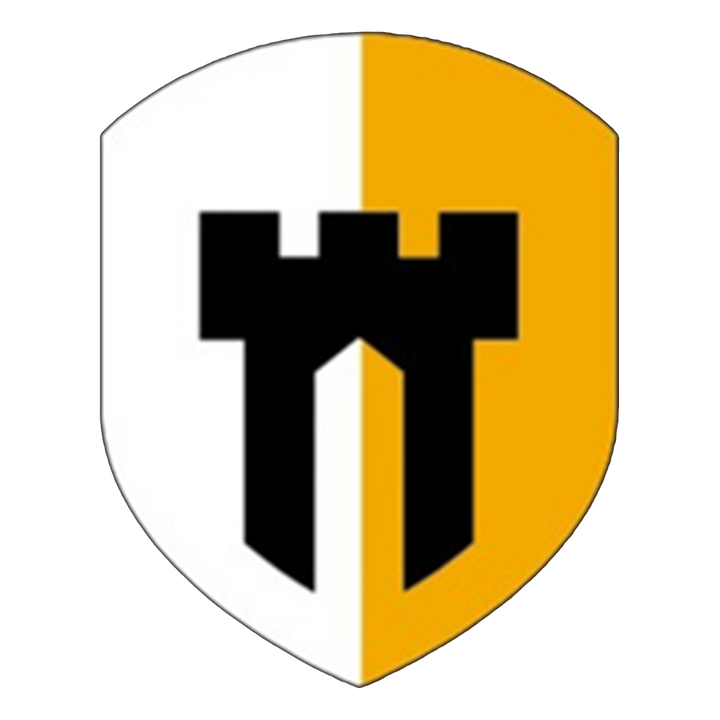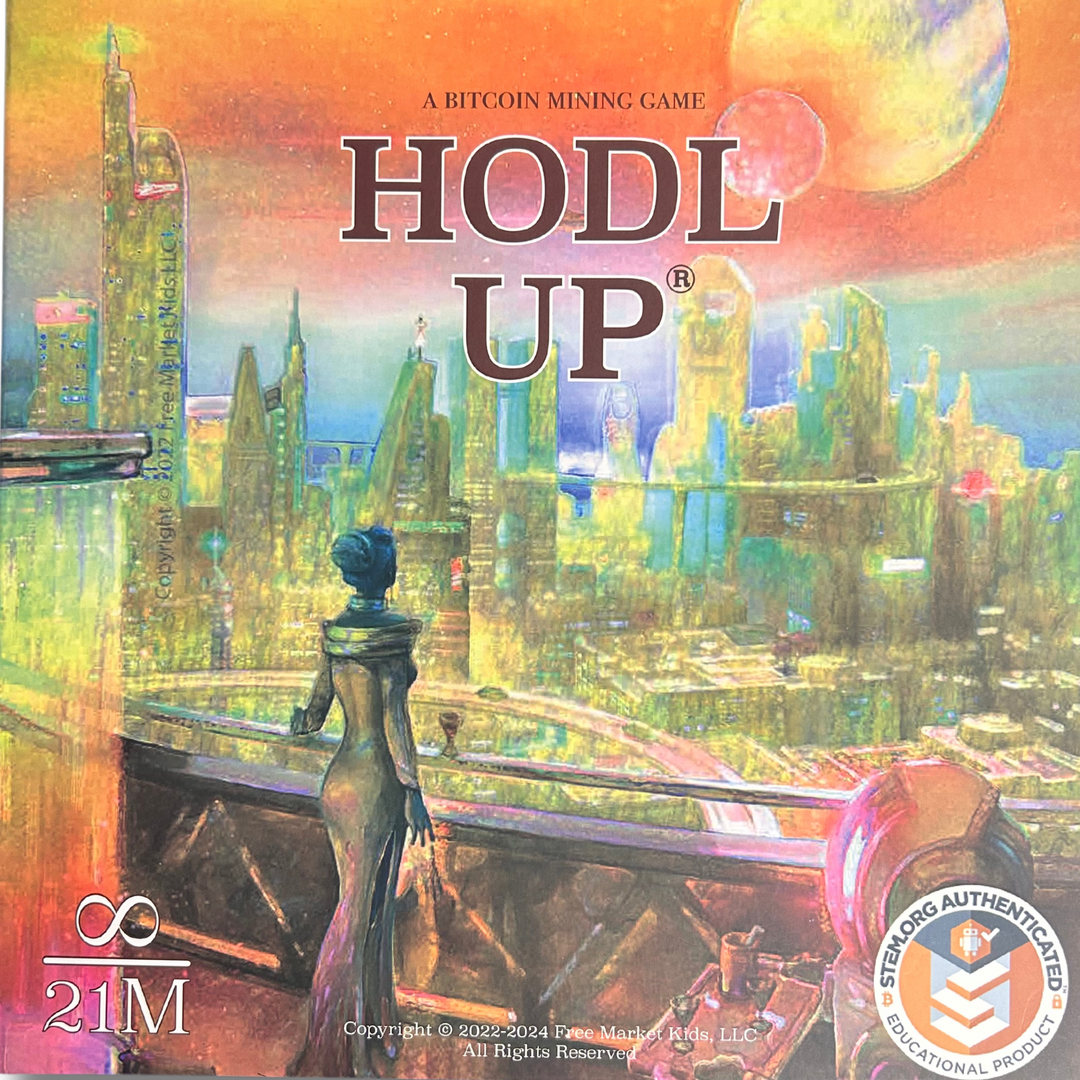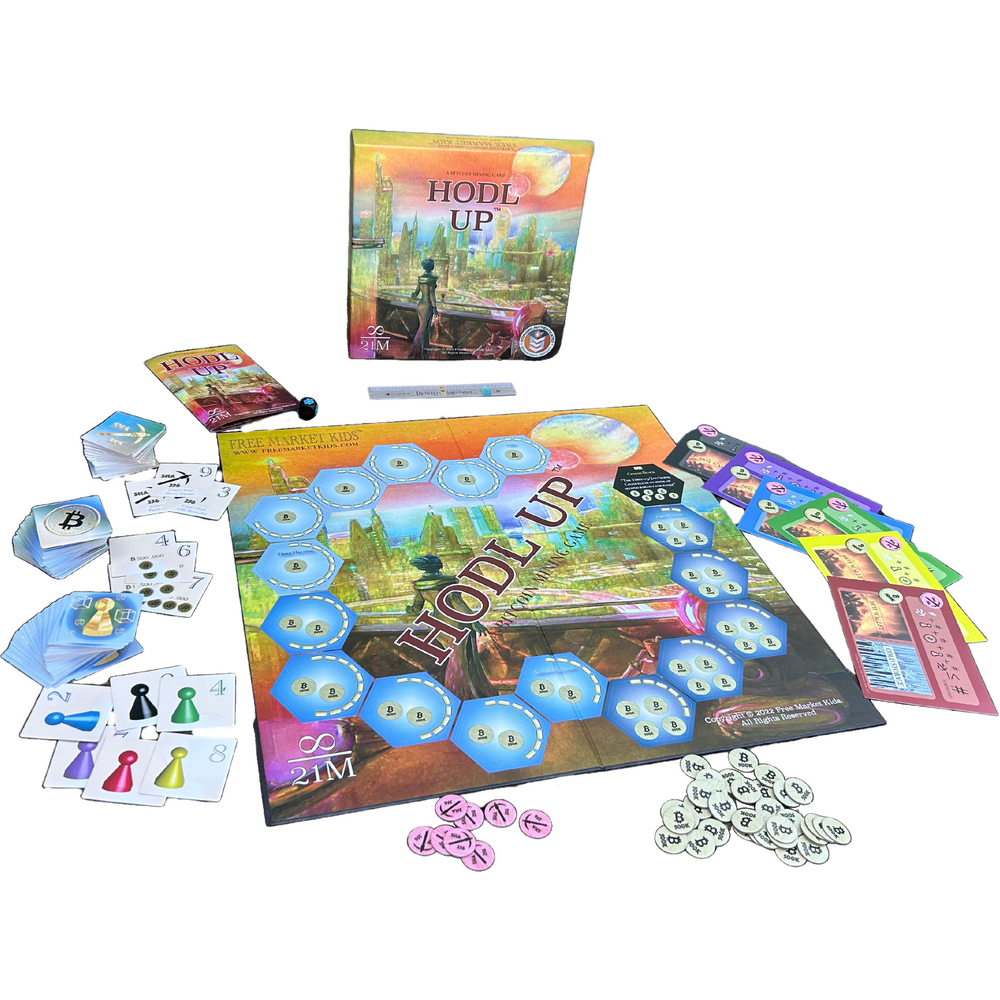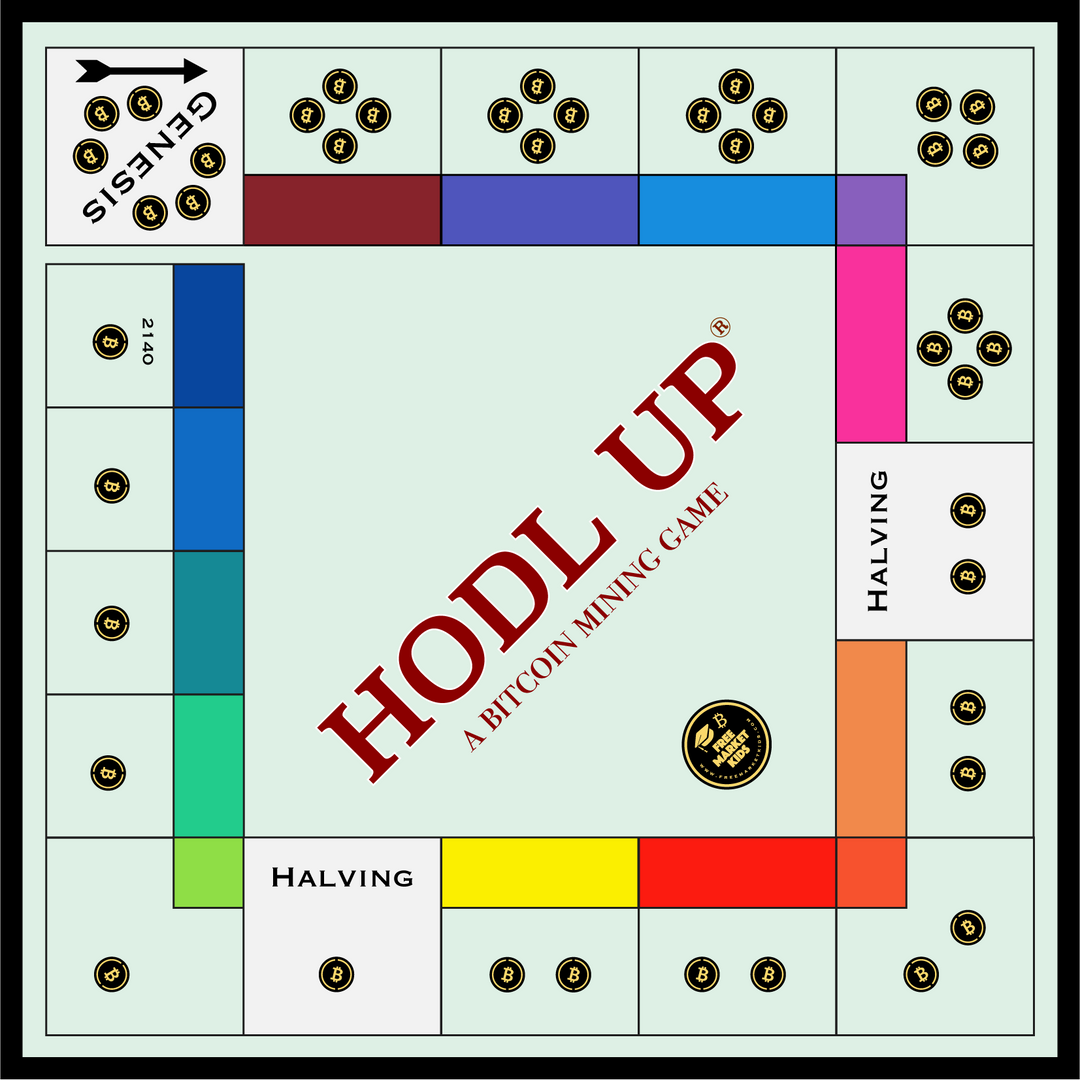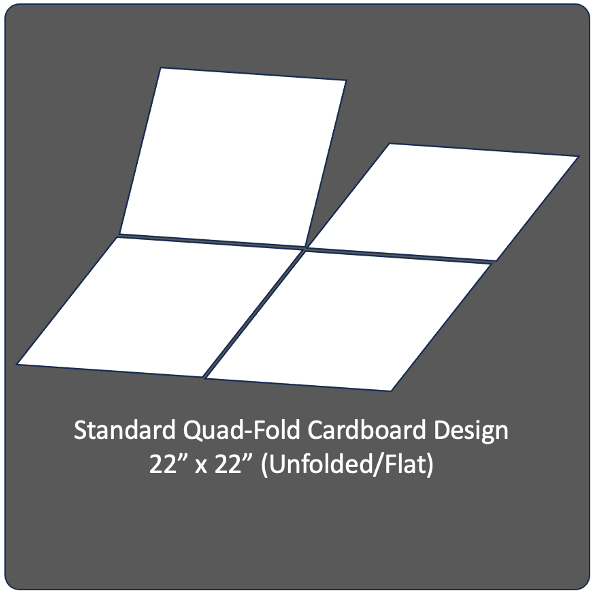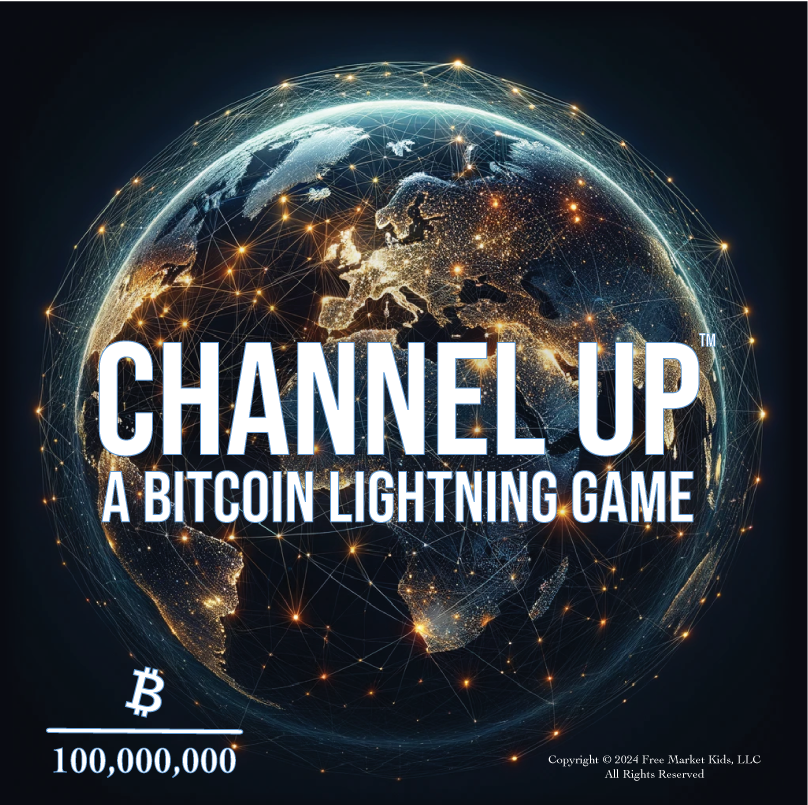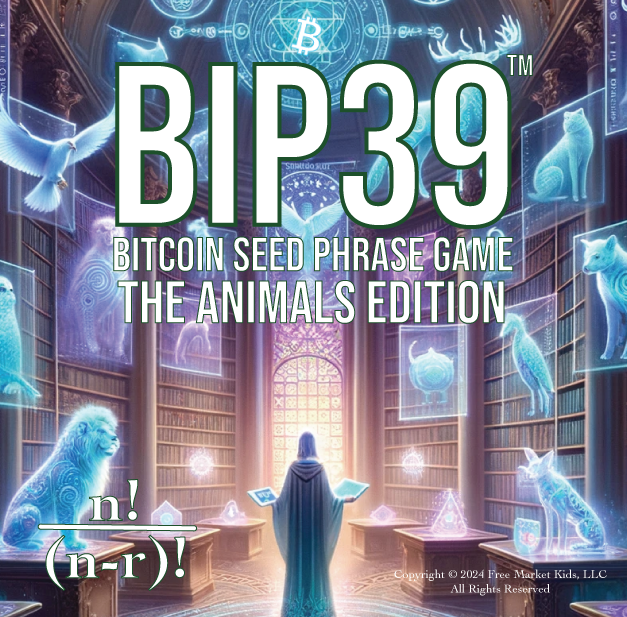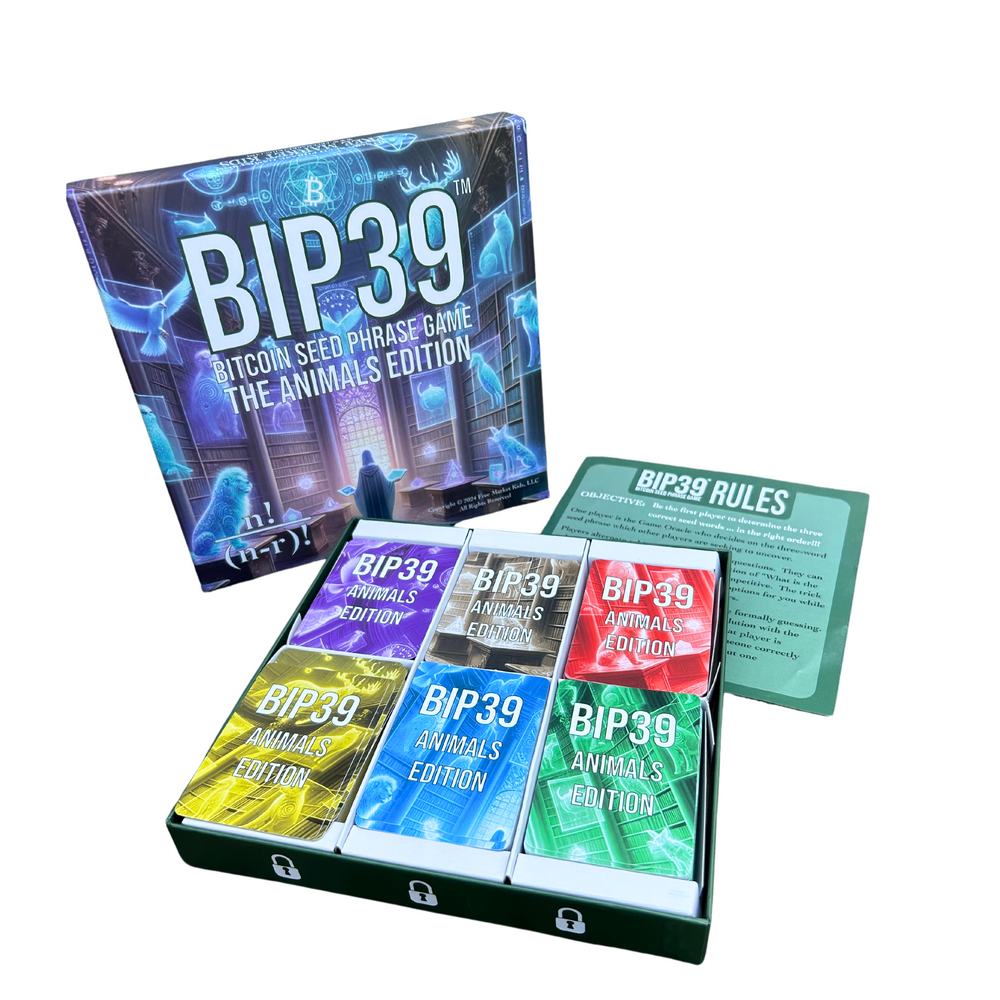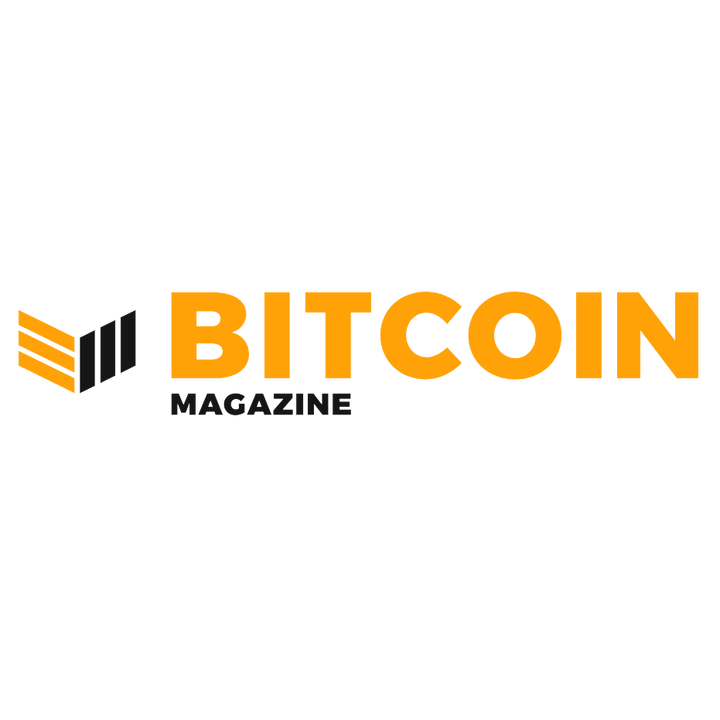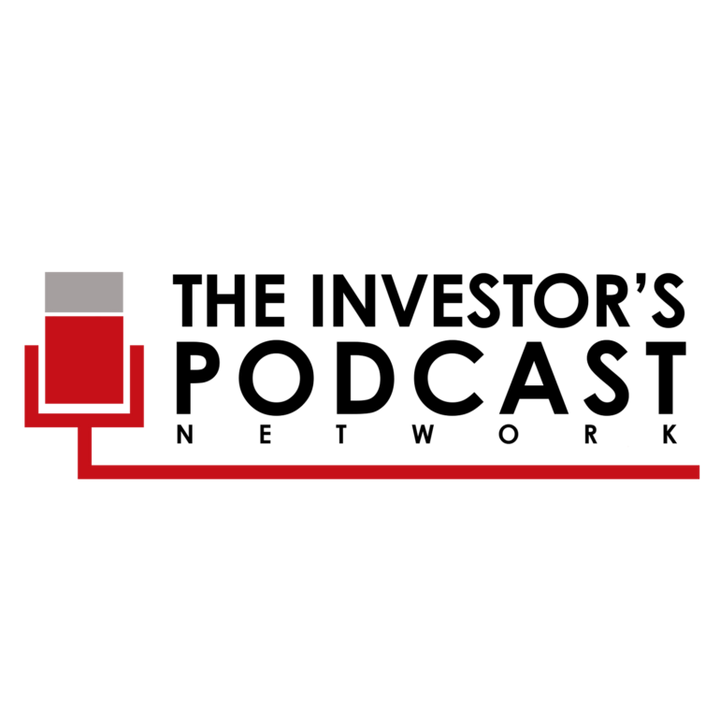To Bank Or Not to Bank - That Is the Question (Answered with Board Games)
Keeping It Simple
This topic, whether it is better to have banks or not have banks, is a whole lot simpler than "experts" would like you to believe. It's simple enough to explain using two board games.
The first game, HODL UP, represents a decentralized system. There is no banker. The players are the network. If someone leaves the game to get a snack, everyone else keeps playing. He just picks up when he returns. Everyone else will tell him what's going on.
Monopoly is the second game and it represents a centralized system. If the banker steps away, the game is paralyzed. The banker is involved with almost all transactions, e.g., buying properties, paying fines, paying taxes, issuing "GO" money.
The BIG Family
Let's look at Monopoly first. Imagine you're invited to the BIG's family game night. BIG BROTHER claims the role of banker.

You quickly learn there's no way to win this game. There are two house rules that only apply to those who live in the BIG house.
BIG House Rule #1: Too Big to Fail.
The banker makes loans, or outright gifts, to fellow BIG players. So no one with connections to the BIG's can ever go bankrupt.
BIG House Rule #2: The Bank Can Never Run Out of Money .
If the bank ever runs out of physical paper money, the banker can write IOU's on notecards. In other words, the bank can print more money, any time, any amount.
Fiat Transactions
Fiat is the type of money used in Monopoly. It is declared money by a central power, the government.
Most transactions today are digital. The use of physical cash and coins continues to decrease. When a transaction occurs, it involves far more than just the two entities buying and selling.
There are multiple parties including a gateway processor, e.g., Stripe or Square, 2x banks and a payment processor, e.g., Visa, Mastercard, Discover, American Express. And everyone of these extra parties wants a piece of the action in the form of fees. Retailers generally pass these extra fees off to consumers in the form of higher prices.

Decentralized Ledger
The HODL UP world is very different, e.g., there is no banker. The way the players, the Bitcoin network in real life, keep track of who has how much is done with public addresses. Think of the these addresses like emails. Anyone can send to a public email address but only the person with the password can send from it. The private keys to control bitcoin are stored in wallets, a sort of virtual key ring. Collectively, all of the addresses make a ledger. Everyone has a copy of this ledger. It is decentralized.
In HODL UP, this is simplified in the form of colored player cards or "wallets". Each color is a public address. Any player can send to any other player directly, i.e., peer-to-peer. However, no player can send from someone else's wallet (unless they steal their keys!).
Here's what the distributed ledger looks like in HODL UP:

In the fiat transaction above, there were 2 banks. In HODL UP bitcoin goes directly from player to another. In the example below, the cards show player GREEN send one bitcoin token to player RED.

Without any banker, the bitcoin token is moved from the green wallet to the red wallet. That's it. The decentralized ledger is updated and everyone knows where all the bitcoin is now.

Wrapping Up
We end where we started.
Monopoly represents a centralized system. If the banker steps away, the game is paralyzed. The banker is involved with almost all transactions, e.g., buying properties, paying fines, paying taxes, issuing "GO" money.
HODL UP represents a decentralized system. There is no banker. The players are the network. If someone leaves the game to get a snack, everyone else keeps playing.
I go into more detail in my video for this subject.
Happy Hodling!
Reach out with any questions or ideas on these topics. You can reach me at happytohelp@freemarketkids.com.
- Scott




